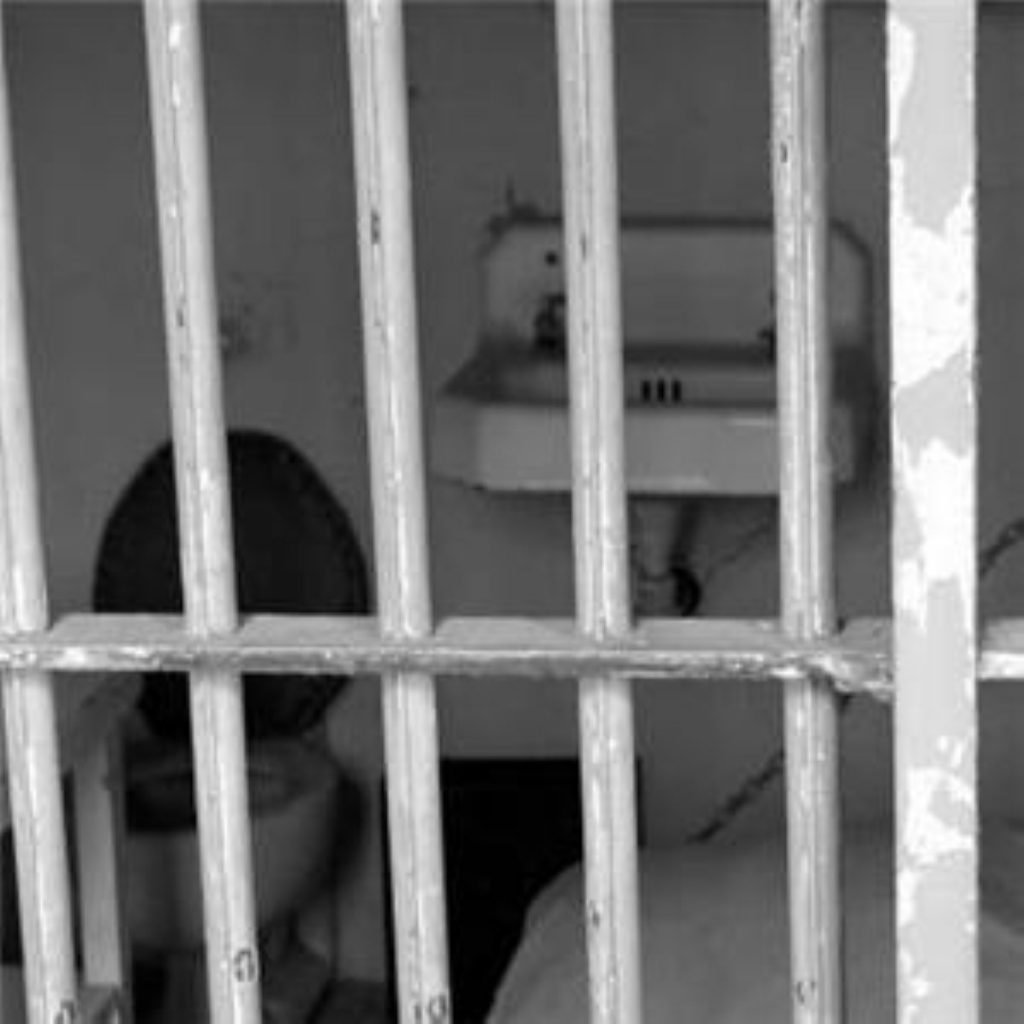Retribution or rehab? PM wants both
David Cameron has insisted the government can have its rehabilitation revolution at the same time as bringing "retribution" on the country's criminals in a speech this lunchtime.
The prime minister, seeking to reboot his right-wing credentials with a "tough but intelligent" approach to law and order, sought to adopt a nuanced approach by committing to making payment-by-results the norm by 2015.
"I'm not going to try and out-bid any other politician on toughness, saying 'let's just bang them up for longer, let's have more isolation, and once they're out they're on their own," he told an audience at the Centre for Social Justice thinktank.
"I say: let's use that time we’ve got these people inside to have a proper positive impact on them, for all our sakes.


"It's not a case of 'prison works' or 'prison doesn't work' – we need to make prison work."
Cameron's speech attempted to achieve a clean break from the 'hug-a-hoodie' label which has clung to him since his time in opposition.
He rejected the "sterile debate" of the past, which has always contrasted being 'tough' or 'soft' on crime, with an approach that seeks to be both hard on offenders and committed to rehabilitation.
This was Cameron's first major speech on law and order since the departure of the liberal justice secretary Kenneth Clarke, who had emphasised the importance of rehab in his reforms.
The prime minister, backed by new justice secretary Chris Grayling, used the speech to make clear he is not afraid of being "tough". He argued committing a criminal act is "always a choice" and that "retribution is not a dirty word".
"Punishment is what offenders both deserve and need," Cameron added.
"It says to them: 'You are adults. Your actions have consequences.' To treat criminals as victims – to say they had no choice – is to treat them like children."
Cameron argued a focus on rehabilitation to accompany his uncompromising approach to criminals is "common sense", however, and that the best way to achieve it is through "radical, intelligent reform".
Whereas Clarke's reforms focused on increasing the focus of the state on rehab, the prime minister's emphasis is now on persuading charities, voluntary organisations and others to do much of the work.
Paying private companies to run prisons, with more cash for those firms which achieve reduced reoffending rates, will now become the centrepiece of the government's approach.
"With payment by results, your money goes into what works – prisoners going straight, crime coming down, our country getting safer. It’s such a good idea I want to put rocket boosters under it," Cameron explained.
"Indeed today I have an announcement to make. By the end of 2015, I want to see payment by results spread right across rehabilitation."
The prime minister acknowledged that rehab will not be possible for some high-risk offenders. But he suggested that those who reoffend repeatedly, but are only in prison for short sentences, should also form part of the "rehabilitation revolution".
Cameron's proposals were rejected by shadow justice secretary Sadiq Khan, who said that the announcements risked undermining the public's confidence in the criminal justice system.
"This is empty rhetoric from a weak prime minister of an incompetent government designed only to keep rebellious Tory MPs happy rather than what works in keeping our communities safe," he commented.
"This is nothing more than a smokescreen to try and cover up Andrew Mitchell losing his job on Friday and 29 wasted months of dithering on law and order. This out of touch government must think the public are stupid – it's these kind of actions that makes the public so cynical about politicians."

